Japan’s older workers are motivated to work longer

40.2% of Japanese people aged 60 and above want to work or continue in their jobs, a government survey has found.
Japan pushes for higher wages across regions

Across the country, Japan aims to achieve a national average of ¥1,000 per hour and narrow the pay gap between regions.
Japan approves flexible paternity leave

Fathers will be able to take a total of four weeks off within eight weeks of their child’s birth, and can choose to split the period into two breaks.
Japan’s real wages in April show largest monthly gain since 2010

The increase was partly due to a 0.5% drop in the consumer price index, and a y-o-y rebound in part-timers’ compensation.
Japan steps up COVID-19 vaccination at workplaces & universities

Chief Cabinet Secretary Katsunobu Kato has said the country will start vaccination for COVID-19 at work premises and universities beginning on June 21.
Japan aims to bolster economy through wage hikes

To encourage the flow of people from urban to regional areas, the government will raise the national average of minimum wages to ¥1,000 per hour.
Bank of Japan to extend pandemic relief if needed
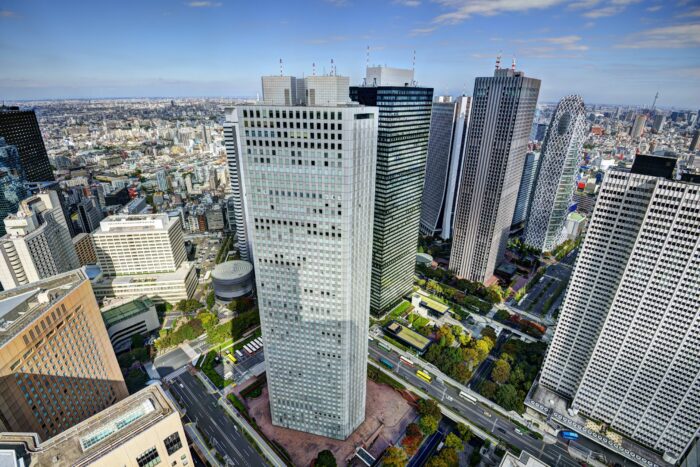
Japan’s economy shrank an annualised 5.1% in Q1 as a slow vaccination rollout and a spike in COVID-19 cases hit spending on dining out and retail.
Japan seeks minimum wage hike as soon as possible

The proposals for higher wages could be reflected in the government’s mid-year policy guidelines, and will provide the basis for its fiscal year budget in 2022.
Prolonged pandemic worsens gender gap in Japan

A Cabinet Office panel has concluded that a prolonged pandemic is likely to cause the gender gap to widen, and urged the government to act.
Firms in Japan still not adopting teleworking enough, survey shows

Companies in Miyagi, Osaka, and Hyōgo Prefectures were asked to adopt remote work arrangements to control the spread of COVID-19.
Tokyo government promotes WFH with subsidies to companies

Financial incentives are offered to businesses that implement work from home (WFH) schemes to lower the number of people who commute to work.
Japan incentivises migration out of Tokyo without staff changing jobs

The government is encouraging workers to relocate to less-populated areas of the country while still employed by businesses based in Tokyo.
Companies in Japan offer vaccination leave for workers to receive jabs

Businesses are hoping to create an environment where workers can make vaccination appointments easily, which will hasten the vaccination process.
WFH in Japan limited to office workers, survey finds

Staff working from locations other than their offices accounted for 19.2% of all workers in Japan in April, which is almost unchanged from levels in July 2020.
Pandemic dampens Japan PM’s plans to raise minimum wage

Japan’s SMEs and some members of the ruling party are opposing prime minister Yoshihide Suga’s proposal to increase the minimum wage.
Japanese companies use various approaches when recruiting

A survey carried out from late March to early April saw 40 companies saying that they have increased or plan to increase mid-career hiring.
Japan government pushes for digital wage payment amid safety concerns

The labour ministry is advocating for companies to adopt digital payrolls within the current fiscal year, though safety concerns remain.
Labour union in Japan calls for raise in minimum wage of essential workers

A labour union, representing low-paid essential workers across different sectors in Japan, has urged for minimum wages to be raised.
Japan saw real wages grow in February

Inflation-adjusted real wages, a key measure of households’ purchasing power, rose 0.2% year-on-year in February, according to the labour ministry.
Japan approves law raising retirement age to 70
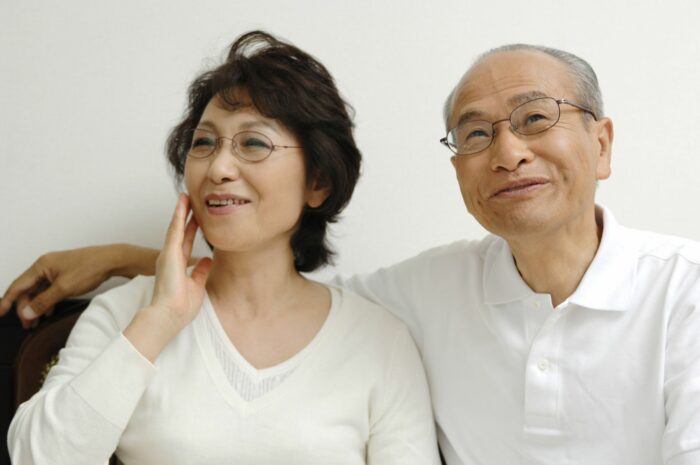
The Cabinet has approved bills requiring companies to retain their workers until they are 70 years old, effectively raising the retirement age from 65 to 70.
Tokyo continues with earlier closing times for F&B businesses
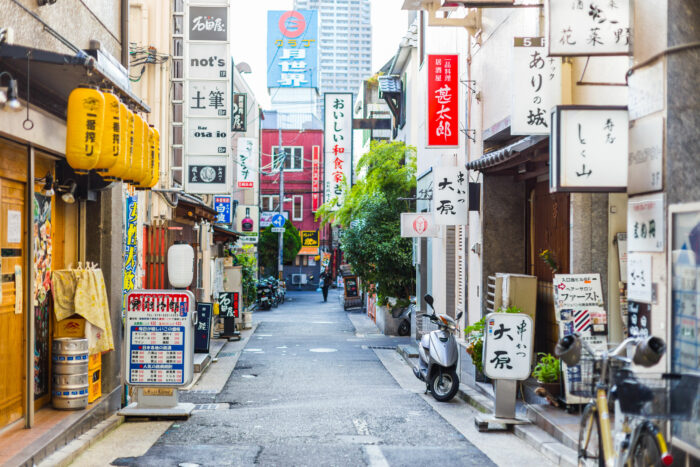
Tokyo and neighbouring prefectures are mandating food-and-beverage businesses to close earlier to reduce the risk of a rebound of pandemic cases.
Japan sets aside 2.2 trillion yen to support businesses and low-income groups
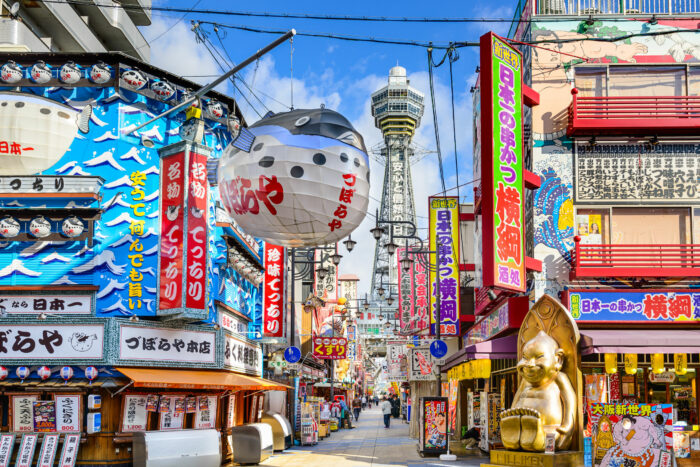
The government will adopt measures to help medium and larger-sized companies boost capital funds.
Japan plans to increase minimum hourly wages to 1,000 yen

Prime minister Yoshihide Suga has said he targets to raise the country’s average minimum hourly wage to 1,000 yen (US$9.2) as soon as possible.
Japanese employers offer lowest salary increase in 8 years

Companies are offering the lowest pay rises in eight years – signaling an end to former prime minister Shinzo Abe’s stimulus policies.
Japan’s largest business lobby aims for more women representation
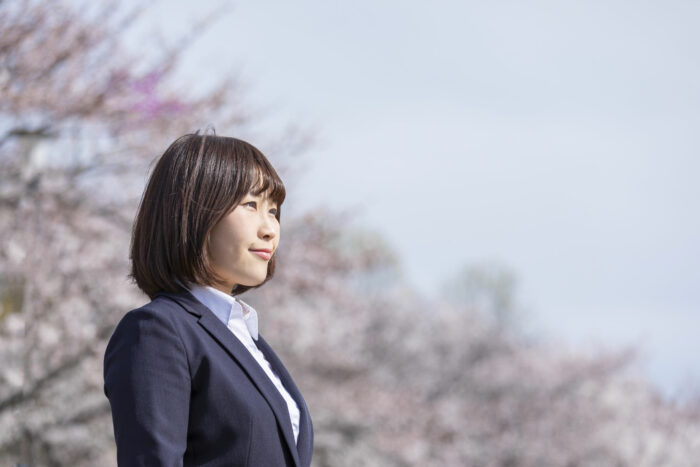
Measures include the implementation of a support programme for women on matters of hiring and promotion to upper management and executive roles.
Japan’s unemployment falls, job availability rises
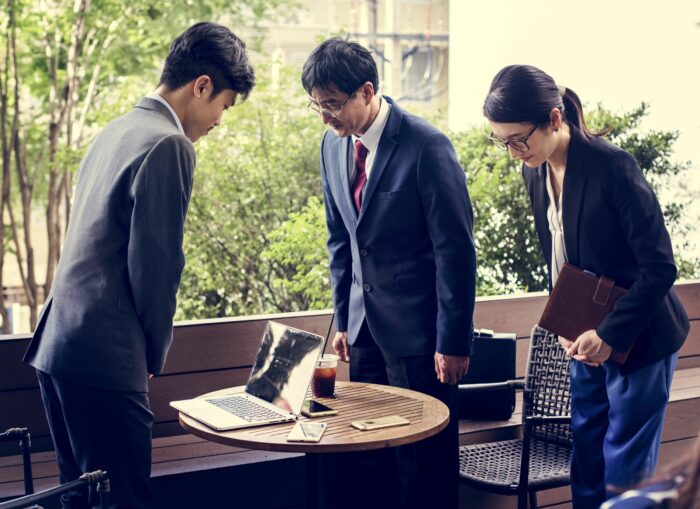
Despite the country being in a pandemic state of emergency, its unemployment rate declined and job availability increased, government statistics revealed.
Japan installs teleworking booths in city metros

These teleworking cubes have since been installed at various stations and office building entrances across cities like Tokyo, Osaka, and Nagoya.
Japan adopts new bill for more flexible paternity leave

With the revision, fathers can take leave in two batches, and will receive employment insurance benefits equivalent to 67% of their pre-leave wages.
Japan’s overtime pay in 2020 sees largest fall in 11 years

The speed of decline was the fastest since 2009, when the global financial crisis led to a drop of overtime wages by 13.5%.
Japan’s non-regular workers yet to receive compensation for forced leave

Some 33.4% of non-regular workers received no compensation for forced leave, as compared to 14.8% for regular staff, a survey shows.
